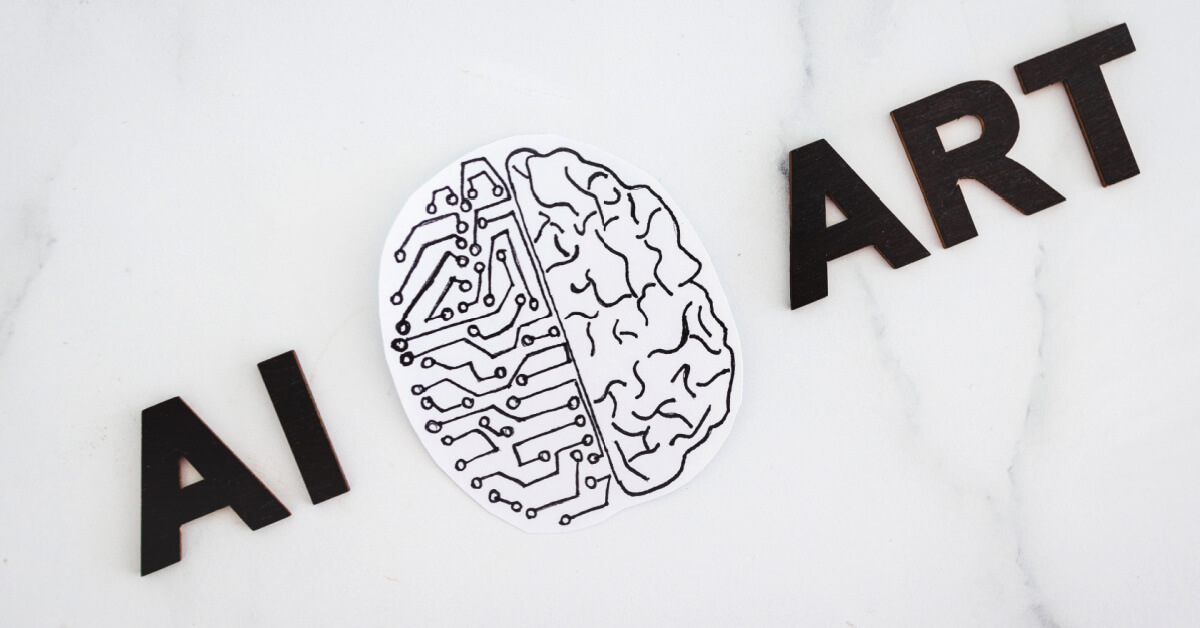Part 1 of a three-part series.
March 13, 2023
Artificial intelligence (AI) and how it affects the art world have recently captured the attention of the news media. AI has revolutionized many industries, and art is no exception. This relatively new technology has the potential to enhance and augment traditional art-making processes, but it also raises important ethical and philosophical questions about the role of the artist and the value of human creativity. This article explores the pros and cons of AI in art, the shifting nature of artistic authorship, the ethical considerations surrounding the use of AI-generated content, and the history of appropriation in art. Because the article is lengthy, it is split into two parts.
One advantage of AI is it can help artists explore new possibilities and techniques that are difficult or impossible for a human to achieve. For example, AI algorithms can generate unique and complex patterns and compositions beyond the capabilities of most artists. AI can also create digital artworks that are interactive and responsive to their environment, providing new opportunities for audience engagement.
Yet the use of AI in art also raises questions about authorship, copyright laws, fair-use laws, the role of the artist,…


